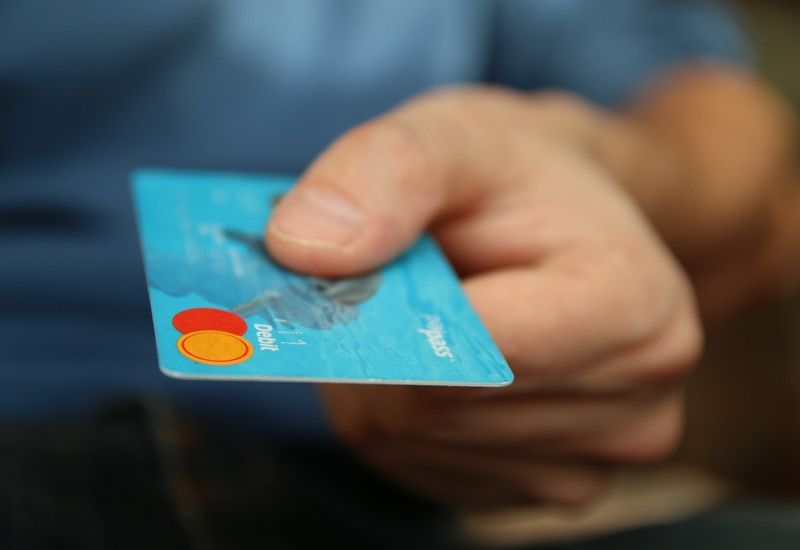This is our ultimate guide to getting out of debt for students. Read on for our top tips.
With a low income and a tight budget, it's hardly surprising that many students run into debt. The average student debt consists of a maintenance loan, a tuition fee loan and any additional money you spend at university. It’s important to keep on top of your finances. But if you’ve already eaten into your overdraft, here's what you should do.
Don't panic
You’ll need to be in a good frame of mind to think logically about how you’ll undo your debt. Your student loans won't be the most pressing debt you'll ever encounter, just focus on any others. Student loans come automatically out of your paycheck once you're earning above 25k.

Seek help
With the right guidance, you’ll be able to move forward with your finances instead of slipping into bad habits. Family, friends, university services and outside agencies won't be able to help if you're not honest.
Take responsibility for your situation
Read letters and emails when you receive them. Shoving them to the bottom of your drawers, hoping that they will go away, won’t work. Open and deal with all correspondence to make sure that you're clued up on your finances. It’s important to keep an organised file of important documents in case you need to refer to them later.

Prioritise your debts
Separate your priority from your non-priority debts.
What is a priority?
- rent arrears
- utility bills
- court fines (such as parking tickets)
What should be lower down on my priority list?
- bank overdrafts or loans
- credit cards
- unsecured personal loans and money borrowed from friends or family.
While we would all like to be completely debt-free, penalties for not paying non-priority debts are generally less severe.
Talk to people
While being in debt may feel isolating, don't suffer in silence. Share your money worries with family and friends as they can offer moral, if not financial, support. University student services are also there to offer help, as student money advisers can often provide support.
Don't feel embarrassed about your debts. Get in touch with university money advisers at NASMA - Institution contacts. If your uni can't offer the help you need, contact debt charities like the Money Advice Service, Step Change or the National Debtline. There you'll receive free and impartial advice.
After receiving professional advice, specialist university advisers can check your entitlement to statutory student support. Most institutions also have hardship funds to help students facing changes in circumstances or unexpected financial problems.
Tackle existing debts
Draw up a financial statement containing details of your current circumstances, including all incomings and outgoings. Outline all unpaid debts and repayments due. If you have any available income, calculate how much you can afford to repay each month.
Learn how to budget

Budgeting means cutting back on social and leisure spending, so be prepared to make this change. Check out our top tips on budgeting and managing your student loan here. But, if you find budgeting difficult, there are other ways to maximise your income – like considering a part-time job. Read our guide on finding the best jobs here.
If money worries are affecting your university experience, read our articles on managing your mental well-being at university.
How do you manage your finances as a student? Join the Student Hut Community to get access to paid surveys where you'll get Amazon vouchers in exchange for your opinion.













